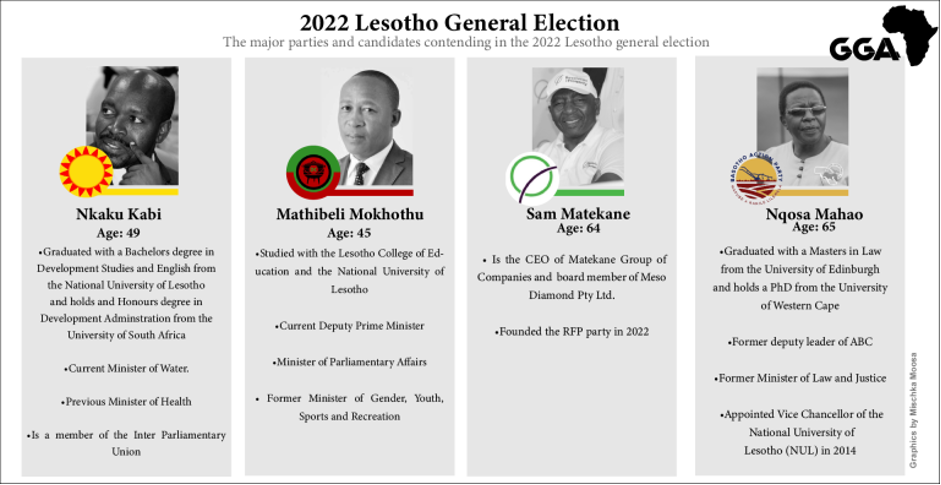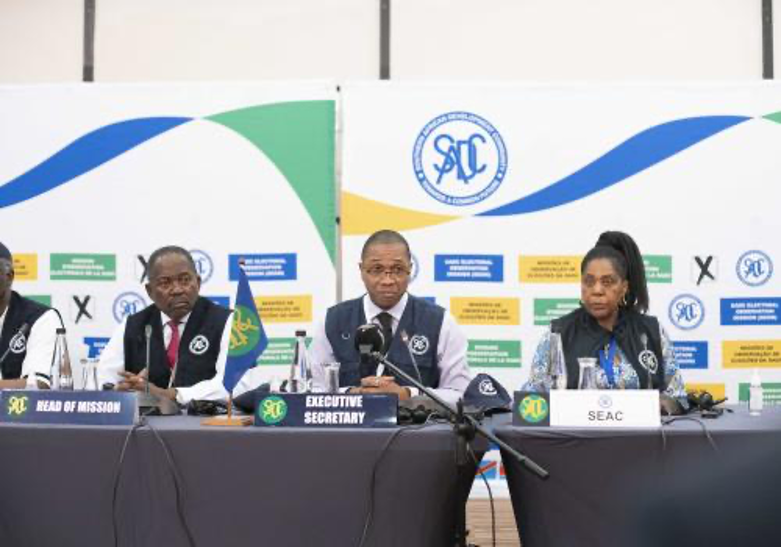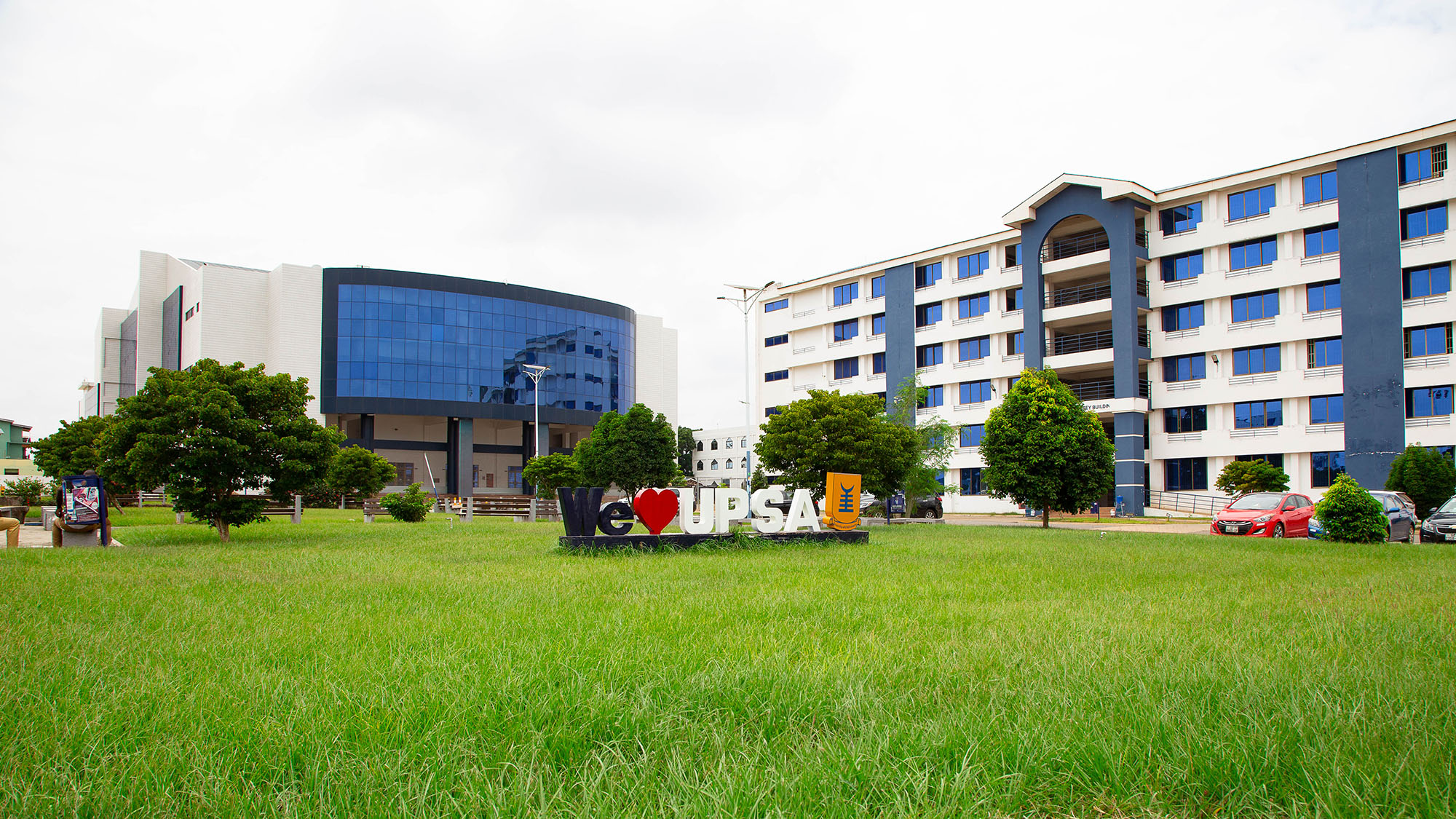It is a fact that there isn’t a single electoral system that is considered perfect for sustaining, retaining, and consolidating democratic governance and stability. Neither is there a single electoral system regarded as the most imperfect and non-conflict-inducing.
Nevertheless, electoral systems are crucial to the process of institutionalizing democratic governance. A nation may either enhance or inhibit democratic control and stability based on the type of system it adopts. In addition, a nation’s electoral systems may be influenced by its political traditions and cultures as well as political and economic demands at a particular historical period.
The development of electoral democracy in Lesotho has been a roller-coaster experience right from its first elections after it gained independence from Britain in 1966.
One can attribute this experience to political instability, cyclical episodes of coups, electoral violence, and the assassination of high-profile people. Although the electoral process is governed by the national Constitution especially articles 56, 57, and 58 of the country’s 1993 Constitution, which provides its principal legal foundations for the election of members of the National Assembly, Lesotho still experiences challenges.
The establishment of an autonomous statutory body known as the Independent Electoral Commission (IEC) responsible for the administration and supervision of elections governed by the National Assembly Order of 1992 as amended, which was previously handled by the sitting government, through the Electoral Office election management body to oversee the administration and management of elections impacted electoral democracy positively.
There has been improvement in the administration of the electoral process, as it has enhanced the participation of all parties in the preparations for elections. It has also helped to build the necessary confidence in the administration as being transparent.
Lesotho is a constitutional monarchy. The legally elected head of government is recognized as the prime minister. Lesotho adopted the First –past –post (FPTP) or the single-member-consistency electoral system when it attained political independence in 1966. However, this system led to various conflicts within political parties and raised vital questions concerning democratic leadership within parties.
Hence, primary elections marked with conflicts over desired candidates became a challenge, although improvements were made in reforming the electoral model. For instance, intra-party conflicts have long-term effects on the parties’ performance in the national poll. This was evident in the 1988 and 2002 polls after litigation due to internal conflicts. The flaws and challenges of FTPT, especially the hegemony of the ruling parties over the legislature, contributed to the political instability in Lesotho.
However, Lesotho’s electoral democracy remains questionable as issues of concern are constantly raised by losing parties over decades, accounting for its political instability. For instance, a crucial aspect of their governance since independence has been a record of major losing parties contesting election outcomes and results even in the court of law.
It then relied on the mixed-member proportional system, a hybrid of the Parliamentary model. This system was employed in the 2002 election, and it led to positive outcomes. Elections were preceded by violent conflict, citizens experienced a peaceful election day and the post-election period was one of reconciliation and harmony.
A significant part of this system is the coalition of government, mainly for the inclusion of parliament. The idea of the coalition has been beneficial for some parties but also accounted for challenges within the parties. For instance, although the All Basotho Convention (ABC) has ruled as a coalition party since 2017 because of opposition support, the party has had two different prime ministers within five years.
Although met with some challenges, constitutional and security reforms are being devised to counter the negative, including adopting legislation intended to enhance media freedom in the country. As a result, since 2015, the electoral process is said to have seen a brighter light, as reported by the Southern African Development Community (SADC) Electoral Observation Mission (SEOM). According to South Africa’s Foreign Minister Maite Nkoana-Mashabane, who led the SEOM, the 2015 National Assembly Elections in the Kingdom of Lesotho were peaceful, transparent, credible, free, and fair, thus reflecting the will of the people of the Kingdom of Lesotho.
 However, internal conflict and violence continued, and party leaders went into exile for their safety after the 2015 polls. In August 2022, two bills amending the Constitution and Electoral Act were passed after a state of emergency was declared. This state of emergency was declared unconstitutional in September by the High Court of Lesotho. Also, the international observer participation during the just-ended October 2022 elections in Lesotho by the South African Development Community (SADC) Electoral Observation Mission (SEOM), the EU Election Observation Mission (EOM), the Commonwealth Secretary General, the African Union Election Observation Union (AUOM) re-echoes its transparent, credible, free and fair state of electoral development.
However, internal conflict and violence continued, and party leaders went into exile for their safety after the 2015 polls. In August 2022, two bills amending the Constitution and Electoral Act were passed after a state of emergency was declared. This state of emergency was declared unconstitutional in September by the High Court of Lesotho. Also, the international observer participation during the just-ended October 2022 elections in Lesotho by the South African Development Community (SADC) Electoral Observation Mission (SEOM), the EU Election Observation Mission (EOM), the Commonwealth Secretary General, the African Union Election Observation Union (AUOM) re-echoes its transparent, credible, free and fair state of electoral development.
It is worth noting that electoral democracy is gaining a positive outlook in Lesotho despite years of political instability. Lesotho will be a home of bliss, trusting the electoral affairs of its state if this continues, and also, it will be an example for the Southern African Development, Communities.



